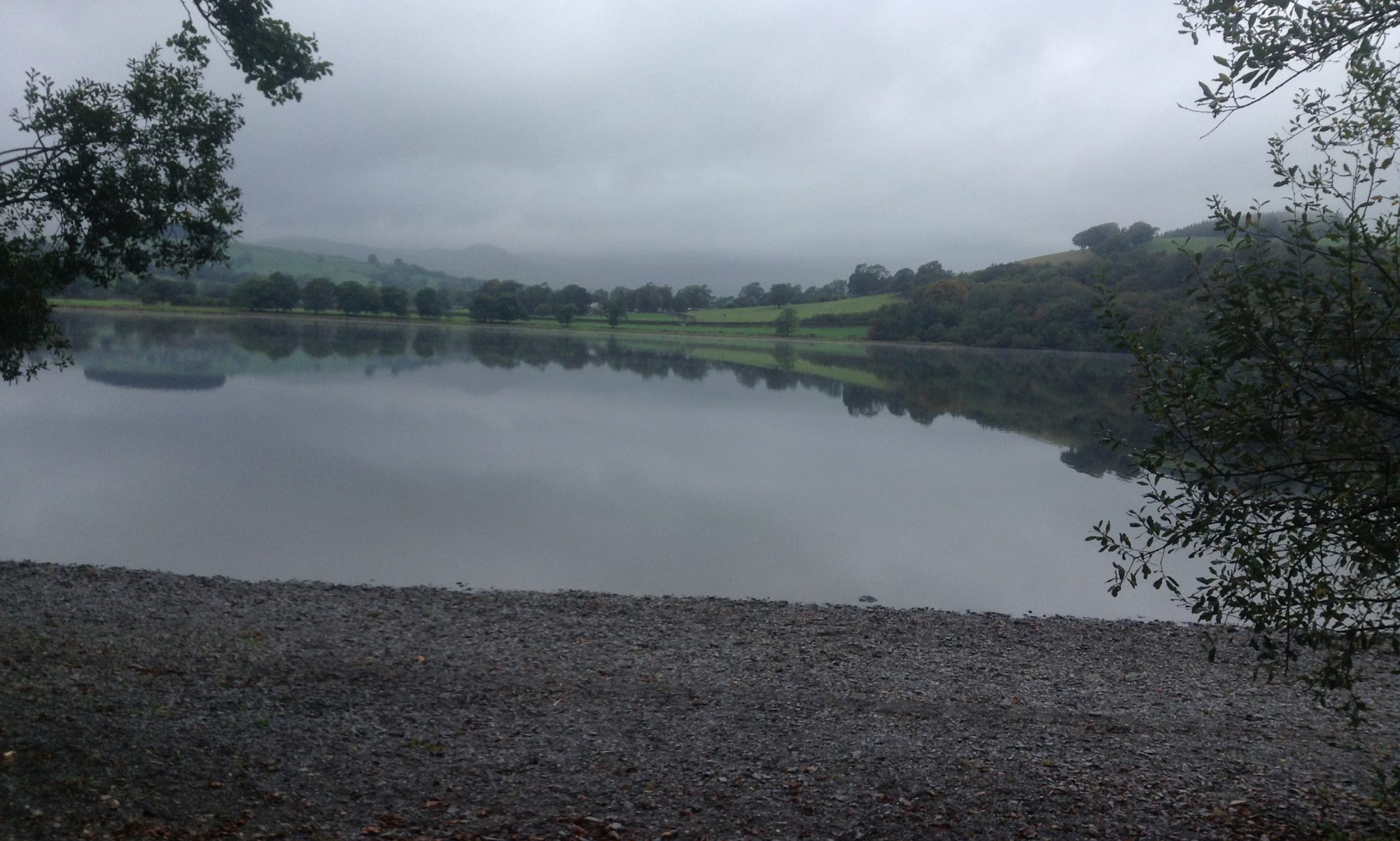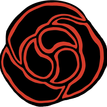We all have such riches, things that we’re not even aware of! Things that make our lives better, that make our communities better places to live. I realized this this morning, lying in bed with my iPod. All it took was a notification email from the public library. One of my holds is waiting for me. My first reaction was “Oh no! I haven’t finished the two books I already got last week, and I know I can’t read all three before they’re due!”
Then it hit me. I have more books than I can read. For free—or at least, at the taxpayer’s expense. Collectively we have the wisdom of the ages at our fingertips, all we have to do is walk into the library. We have a plethora of beautiful buildings to keep this treasure in, and we have a staff of professionals to take care of it for us, file it in a way that allows us to find what we want quickly and easily, even access some of it remotely. I can place a hold for a physical copy of a book literally from my bed, and sometimes, I can even check the electronic copy out and be reading it in mere seconds.
What a wonderful use of our collective power as taxpayers! I find this to be useful and enriching, but what I really love about it is that anyone, down to the homeless, can access all this information. People who can’t afford to buy or store, say, the latest Jared Diamond book, which is what I’m currently reading, and which prompted this tiny existential crisis this morning, can read this book for free and then hand it back in. Barring theft or destruction, that book will always be there and can be checked out again whenever we please.
I can’t recommend this book, _The World Until Yesterday_, highly enough, actually. I lost my tiny mind for a moment because I was afraid I would have to turn it in before I finished it. As if it were necessary that I digest that whole thing at once! What I love the most about it is that it expands my view of humanity through time. It makes me remember why I love archaeology and anthropology so much, and it is adding greatly to my perception of war and how it shapes our relationships with each other.
I was wrong, unfortunately. I had the idea that war was a relatively recent invention, and that warfare was a path we set our feet on when there was no more “away” to move to when we had disputes with each other. Sadly, this is not true. An archaeological site from 5000 BCE with 18 people dead from blows to the back of the head burst that bubble for me, as well as a reminder of the film “Dead Birds,” which I saw in school years ago. We have always had ways of treating each other badly for stupid reasons.
However, as I also learned in school, just because a practice has a long history does not mean that it must have a long future. We learn from our mistakes, and we can change the stories we tell. Change the story, and you can change your life. We always have a choice, and if there’s one thing I know about humanity, it’s that we’re the most adaptable, flexible species on the planet. We are worldchangers.
We are storytellers. Sit still, quiet down, and you will hear the voice in your head. You won’t be able to turn it off. And why should we want to? What we can do is become aware of it, and really listen to what it says, and then let it go. Like a river, the eddy is always there, but the water that creates it is different moment to moment.
I am a storyteller. I choose carefully, and lately a lot of the stories I tell are about war. How we idealize it, how we discover over and over again that it’s a lot easier to start one than to get out of one, and how it’s never worth the price we pay for it. Most of all, I tell a story of how we can evolve beyond it. War is never a good idea. It never solves the problem, all it does is change the circumstances. We have to fix the problems caused by the fighting before we can get back to the original problem, and many times we get so distracted by the process that we never do get back to that.
I believe that knowledge is an antidote to war. Diamond made me remember just how long history really is. Seeing the scope of it helps me see the way out of war. There have been some other excellent books written about war lately, and most of them I have been introduced to via the public library. Paul Chappell, a West Point graduate and a professional soldier, has a lot to say on war and how we can finally move beyond it, as well as Frances Moore Lappe’s excellent book Ecomind.
Above all, Diamond’s description of how small the worlds of the First Peoples who still engage in traditional warfare are made me feel so sad. It made me realize just how far we have come towards ending so many forms of injustice. I can hardly imagine not being able to go twenty miles from home for fear of being killed simply because I strayed into someone else’s territory. We have a long way to go, but I know we can do it. I know that I will never pick up a gun voluntarily unless it’s for food or recreation. I will certainly never have one in my house for personal defense, no matter how often I get robbed. Stuff can be replaced. A human life never can be, and nothing I own is worth killing for.
That brings me back to why I follow a bardic path, and I’ll leave you with a triad on this:
The three principal duties of a bard:
The first is to learn and collect the sciences.
The second is to teach.
And the third is to make peace, and to put an end to all injury.
For to do other than that is not usual, or becoming to a bard.

